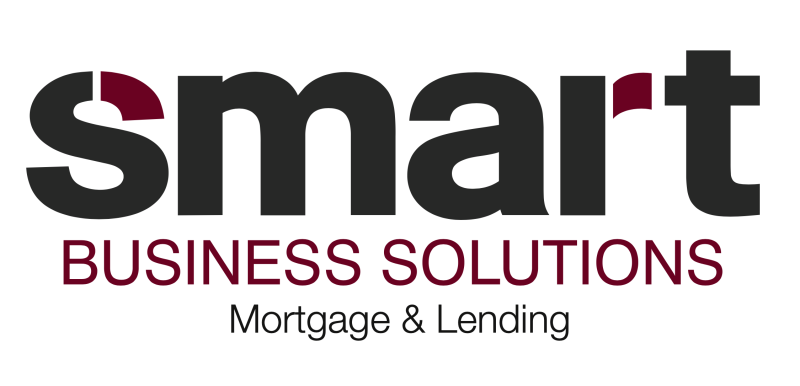Buying at Auction
Auctions are a popular way of buying or selling but are very different from other property purchases. The
biggest difference is there is no cooling off period so if a buyer is the winning bidder they are required to sign a contract and pay a
10% deposit on the day. Therefore, it is extremely important for a buyer to be absolutely certain they can afford the property before they
bid as they are at risk of losing their 10% deposit if they do not proceed with the purchase. Below are tips to follow before purchasing
at auction:
It is extremely important that buyers arrange a pre-approval for home loan finance prior to an auction so they know the maximum amount
they can afford to bid and any conditions the lender would require to meet for finance.
Buyers should have all inspections completed such as pest and building, prior to attending the auction so both the buyer and lender are
aware of any issues.
Obtaining a valuation prior to the auction should be considered as it stops buyers getting carried away and bidding more than the property
is actually worth. If a buyer pays more for a property than the bank values it at, the buyer is liable for the difference.
Prior to the auction, instruct a solicitor to check the contract of sale on the property so all terms are un�derstood and there are no
hidden surprises.
Before auction day, buyers need to ensure they have funds available to pay the deposit, should their bid be successful. The deposit is
usually 10% of the purchase price. Common methods of payment are cheque or deposit bond however buyers should check whether the vendor
will accept a deposit bond prior to the auction.
Lastly, don’t forget to register to bid. Buyers can do this by contacting the agent prior to auction or as they arrive at the auction.
Working with your trusted Mortgage Professional will help you to be prepared.
This is general information only and is subject to change at any time. Your complete financial situation will need to be assessed
before acceptance of any proposal or product.


.jpg)



